ARTICLE AD BOX

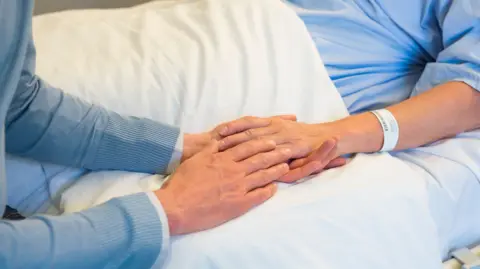 Getty Images
Getty Images
A cross-party group of seven MPs who have worked in the NHS have urged their colleagues to support a bill which would legalise assisted dying.
Backbench Labour MP Kim Leadbeater has proposed legislation which would give terminally ill adults in England and Wales the right to choose to end their lives.
In a letter the group of medics, led by Labour MP and GP Dr Simon Opher, said they "do not believe that the current law is in the best interests of patients".
However, other MPs, including Health Secretary Wes Streeting, have raised concerns people could feel coerced into taking their own lives and said they will vote against the bill.
MPs will get a free vote on the issue, meaning they can choose based on their own conscience rather than having to follow the party line.
The issue has split Parliament, with MPs from the same party divided by ethics and practical concerns and the vote is expected to be close.
In their letter, first reported by the Guardian, the group of medic MPs said: "Many of us have extensive experience in palliative and terminal care and we have been aware for many years of the awful dilemma put before patients and clinicians in the last days of life.
"For too many years, palliative staff, GPs and community teams have been caught between the law (which forbids any assistance in hastening the end of life), and our compassionate care for patients, whom we know wish us to curtail their suffering."
The group - which includes both Labour and Conservative MPs - said they understood the concerns of others but Parliament has to be "brave enough to change the law in this difficult area for the benefit of patients".
Labour MPs Sadik Al-Hassan, who is a pharmacist, Cat Eccles, an operating department practitioner, Kevin McKenna, a former nurse, and Dr Peter Prinsley, a consultant ENT surgeon, also signed the letter, along with Tory MPs Dr Luke Evans, a former GP, and Dr Neil Shastri-Hurst, a former surgeon.

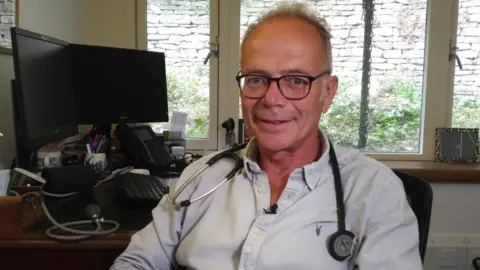
Dr Simon Opher, who also works as a GP, was elected as the Labour MP for Stroud in July
MPs are due to debate the bill on 29 November, when they will also get an initial vote.
If it passes its first vote the bill would face further scrutiny from MPs and peers, who would both have to approve the final version for it to become law.
Full details of the bill have not yet been published but it is expected to be similar to one proposed in the House of Lords earlier this year, which said terminally ill adults with six months or less to live would be able to get medical help to end their own lives.
Leadbeater has said there must be both medical and judicial safeguarding to ensure people are not pressurised to end their lives.
Prime Minister Sir Keir Starmer, who has previously supported legalising assisted dying, has said his government will remain neutral on the bill.
The issue has split Parliament, with Energy Secretary Ed Miliband and Culture Secretary Lisa Nandy among those who have said they plan to support the bill.
Last week it emerged the health secretary had privately told colleagues he would vote against the legislation.
He later told the BBC he was worried terminally ill people could feel "like a burden" and be "guilt-tripped" into ending their own lives sooner than they would have liked.
Justice Secretary Shabana Mahmood has also said she will not support the proposals because of her "unshakeable belief in the sanctity and the value of human life".
On Thursday Liberal Democrat leader Sir Ed Davey said he was "minded" to vote against the bill because he was concerned elderly and disabled people might feel pressurised to end their lives.
He argued improving end-of-life care would ease people's fears of a painful death and make many cases of assisted suicide unnecessary.
Throughout the UK, laws prevent people from asking for medical help to die.
A separate bill to legalise assisted dying has also been proposed in Scotland.

 7 months ago
26
7 months ago
26
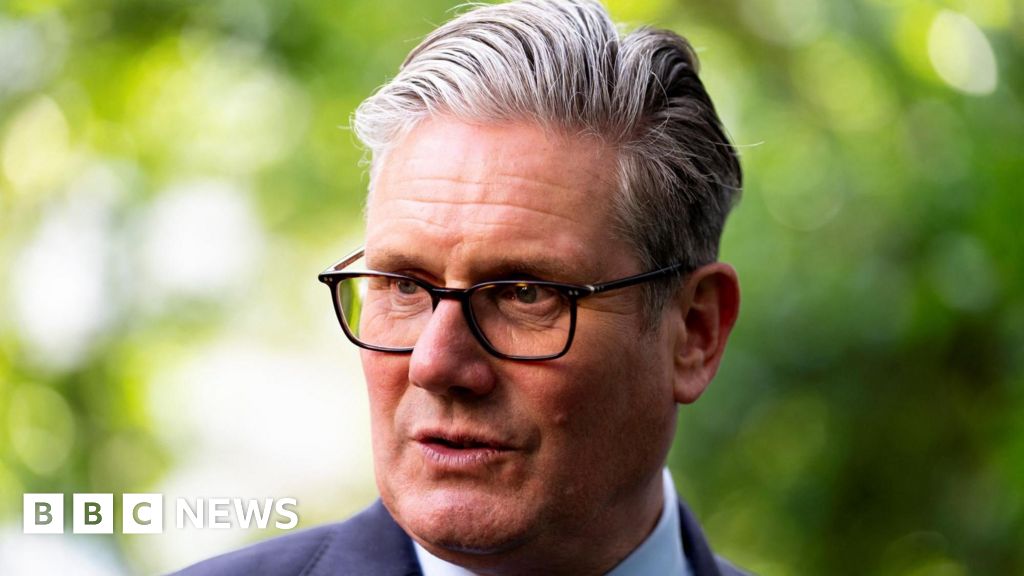
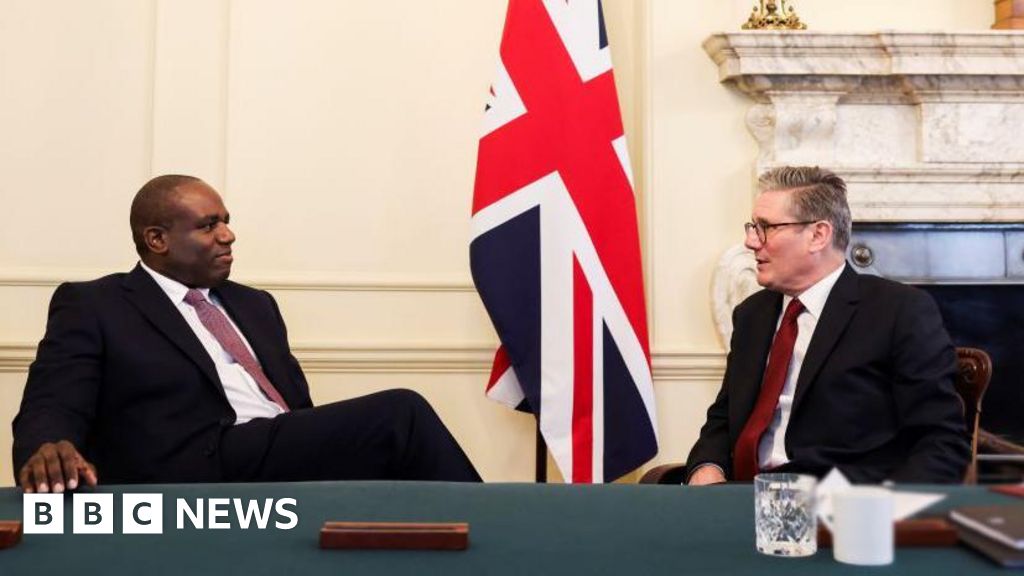
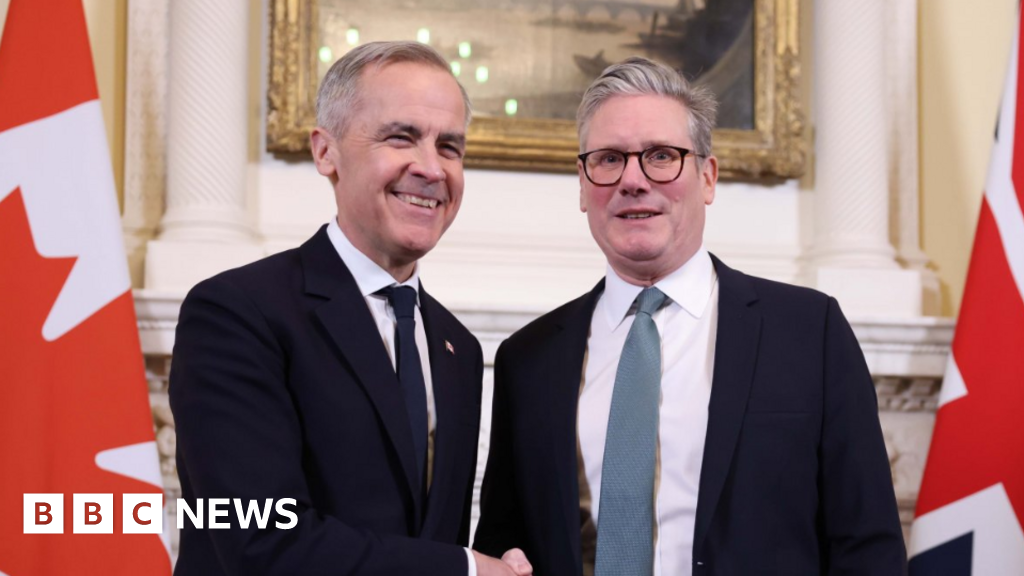





 English (US) ·
English (US) ·